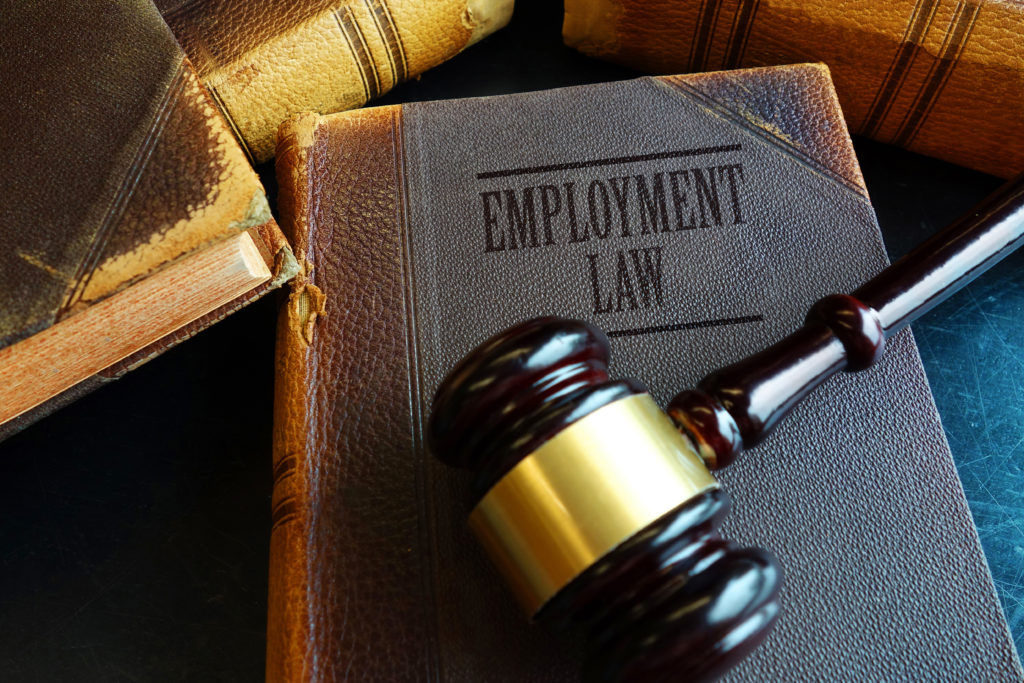What does the recent joint employer ruling mean for franchisees?

Employees can be an essential part of operating your franchise. Along with managing employees comes dealing with issues governed under the federal Fair Labor Standards Act (FLSA).
Recently, the Department of Labor (DOL) changed its rule regarding when two employers can be joined in an issue regarding FLSA. Previously, a franchisor could be held jointly liable for FLSA issues.
Until the change, the Department of Labor (DOL) had a rule that could join franchisors and franchisees in Fair Labor Standards Act (FLSA) issues regarding the franchisee’s employees.
While joint employer liability could apply to many potential business issues, the recent ruling only applies to FLSA issues. This ruling by the Department of Labor does not apply to other agencies or employment statuses, like Title VII or the Occupational Safety and Health Act (OSHA).
Here’s what you should know about the new rule and how it could impact you as a franchisee.
What is joint employer liability?
In a situation where there is joint employer liability, two or more employers share liability for an FLSA situation. Joint liability means that both franchisee and franchisor could be responsible for penalties assigned by the DOL in FLSA issues.
Before this ruling (and in non-FLSA situations), courts would determine whether employers were “not completely disassociated” and would then hold both parties responsible. The new legislation includes a four-factor balancing test that includes:
- Which employer is responsible for hiring and firing
- Which employer controls the employee’s duties and work schedule
- Who determines the employee’s pay rate and method of payment
- Who maintains employee records
Keep in mind that none of the four factors is enough for a joint-employment status without some other elements’ weight.
How could it impact my franchise?
Previously, joint employer liability could mean that a franchisor and franchisee could be held jointly liable for FLSA-related employee disputes. The rationalization was that the franchisor had control over how the franchisee associated with their employees and should be held jointly liable for FLSA issues.
The joint employer liability of franchisors for the alleged acts of their franchisees led to many franchisors stepping away from offering as much assistance to their franchisees for issues in hiring, firing and maintaining employees. This resulted in a detriment to the franchisees in receiving less support from their franchisors.
Before entering into a franchise agreement, it is a good idea to consider the likelihood that the franchisor may be jointly liable if there is an FLSA-related dispute with your employees while you are a franchisee. An experienced franchise attorney will know how to guide you through this process.
